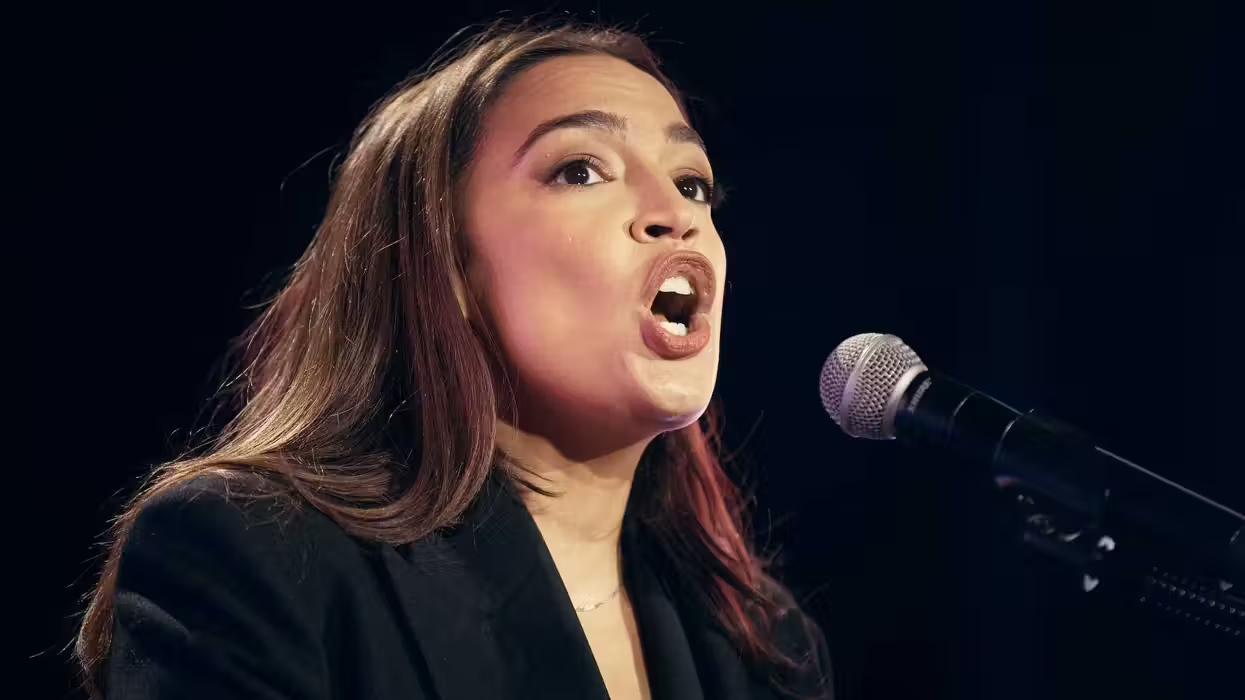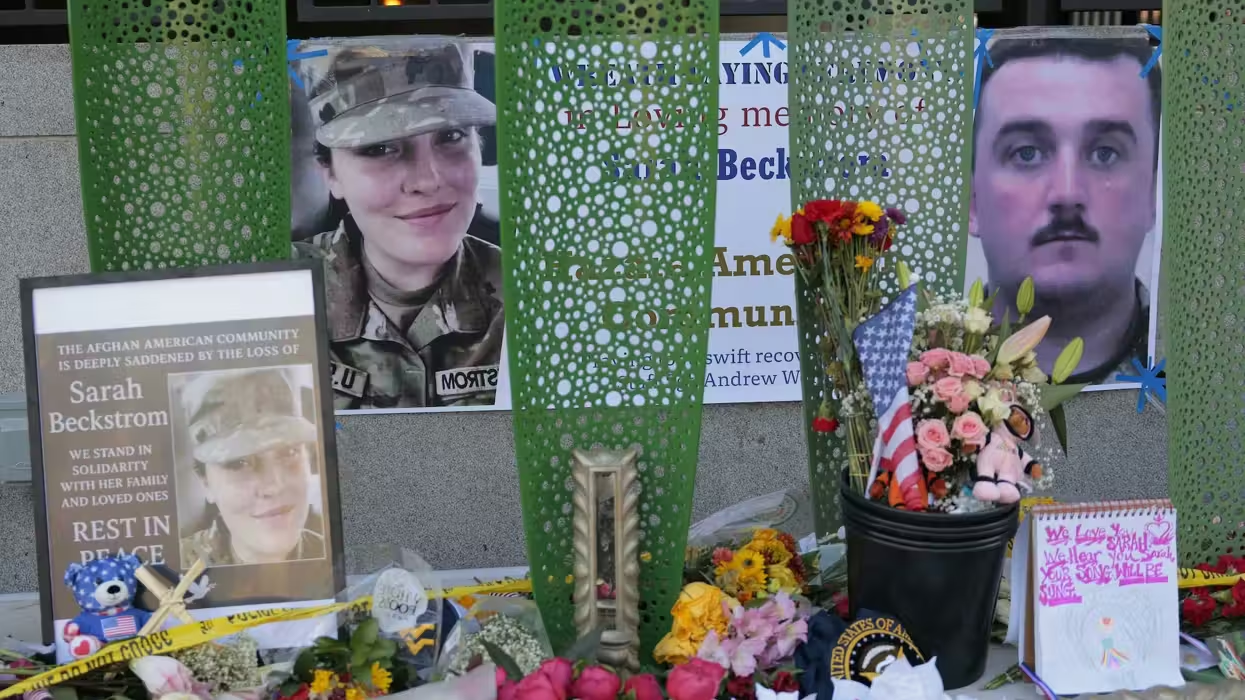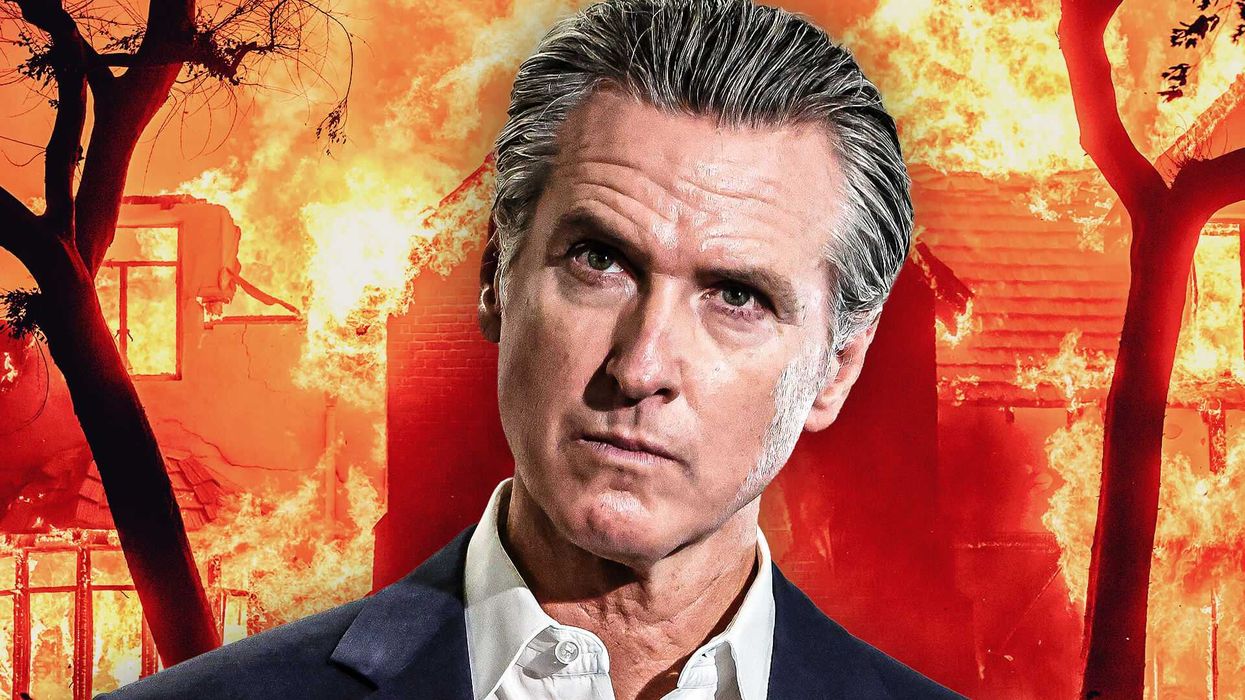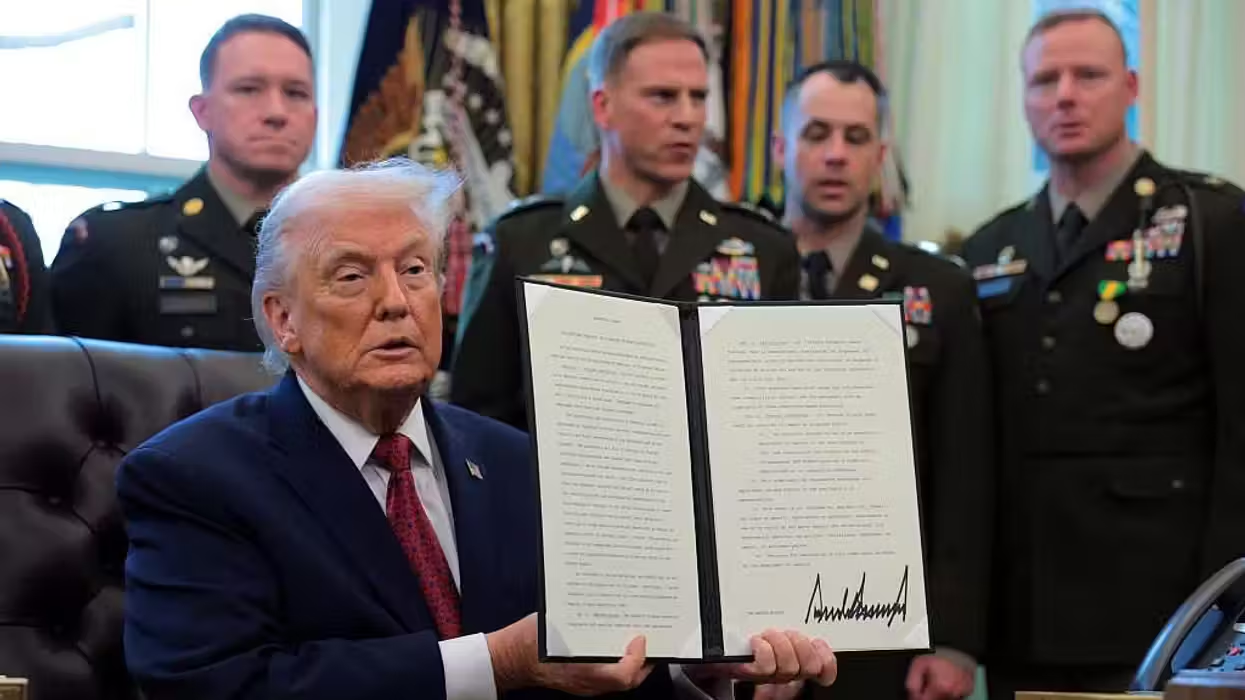Voters will be deciding on a minimum wage hike in five states, but none – not even Illinois – propose to raise it to President Barack Obama's goal of $10.10 per hour.
 White House press secretary Josh Earnest gestures as he answers a question during the daily press briefing at the White House in Washington, Wednesday, Oct. 8, 2014. Earnest talked about temperature screenings at five airports for passengers arriving from West Africa to fight the Ebola outbreak. (AP Photo/Evan Vucci)
White House press secretary Josh Earnest gestures as he answers a question during the daily press briefing at the White House in Washington, Wednesday, Oct. 8, 2014. Earnest talked about temperature screenings at five airports for passengers arriving from West Africa to fight the Ebola outbreak. (AP Photo/Evan Vucci)
White House press secretary Josh Earnest told TheBlaze the administration still believes increasing pay – even if not $10.10 – will be a boost to the overall economy.
“Well, $10.10 is certainly the level that the president believes is optimal, but the fact is we are pleased to see an increase in the minimum wage has important benefits for the broader economy but also for families across the country,” Earnest said. “We urge Congress to take the steps that are necessary to give workers all across the country a way to increase the minimum wage.”
Obama's home state of Illinois comes close in an advisory question asking voters whether the state should increase the wage to $10 per hour, just 10 cents below what Obama is proposing.
Nebraska voters will decide on gradually raising the minimum wage from $7.25 to $9 per hour by 2016. South Dakota is considering an increase of $7.25 to $8.50 per hour.
The Alaska measure would raise the wage from $7.75 to $8.75 per hour. In Arkansas, voters will decide whether to gradually raise the state’s minimum wage from $6.25 per hour to $8.50 by 2017. Both of these states are having hotly contested Senate races.
TheBlaze followed up by asking Earnest if having the minimum wage on the ballot in Arkansas and Alaska can boost Democratic turnout.
“I think the thing that is has done is that it helps to win the support of some Republican candidates running for office,” Earnest said. “The more than we can build support from Republicans across the country to raise the minimum wage, we see that as a good sign.”
Rep. Tom Cotton, the Republican candidate for Senate in Arkansas, and Alaska GOP Senate candidate Dan Sullivan each support their state's minimum wage increases, but oppose the proposal by Obama for a federal wage hike.
“The fact is, this did use to be a bipartisan issue,” Earnest continued. “The last time the minimum wage was signed into law, it was signed into law by President George W. Bush. There is no reason this has to be a partisan issue.”
No state currently has a minimum wage of $10.10 or more. However, states that will phase in a wage of $10.10 or higher by or before 2018 are California, Connecticut, the District of Columbia, Hawaii, Maryland, Massachusetts, Vermont, according to the National Conference of State Legislatures.
Obama signed an executive order earlier this year to require that employees of companies doing business with the federal government be paid at least $10.10 per hour.
Earnest considers previous state actions since 2013, when Obama first called for a federal wage hike, to be progress.
“What we have seen since the president first called for a minimum wage is a number of states that took action to raise the minimum wage, I think 13 different states and the District of Columbia have taken the specific steps to raise the minimum wage in their states,” Earnest said. “We've also seen announcements from companies large and small all across the country have indicating their commitment to paying their workers more.”
Earnest went on to site a Congressional Budget Office study from February that said a wage of $10.10 would lift 900,000 people out of the federal poverty line. However, that same CBO report also said raising the wage to $10.10 would eliminate 500,000 jobs.
According to a CBO study, there are millions of Americans who would be pulled out of poverty if we raised the minimum wage to $10.10. That is being experienced by those working families in 13 states and the District of Columbia,” Earnest said. “The second thing to note about this is in those 13 states where the minimum wage has increased, we've seen greater economic growth in those states in comparison to states that have refused to raise the minimum wage.”
TheBlaze's question comes at the 2-hour mark:

 White House press secretary Josh Earnest gestures as he answers a question during the daily press briefing at the White House in Washington, Wednesday, Oct. 8, 2014. Earnest talked about temperature screenings at five airports for passengers arriving from West Africa to fight the Ebola outbreak. (AP Photo/Evan Vucci)
White House press secretary Josh Earnest gestures as he answers a question during the daily press briefing at the White House in Washington, Wednesday, Oct. 8, 2014. Earnest talked about temperature screenings at five airports for passengers arriving from West Africa to fight the Ebola outbreak. (AP Photo/Evan Vucci)






